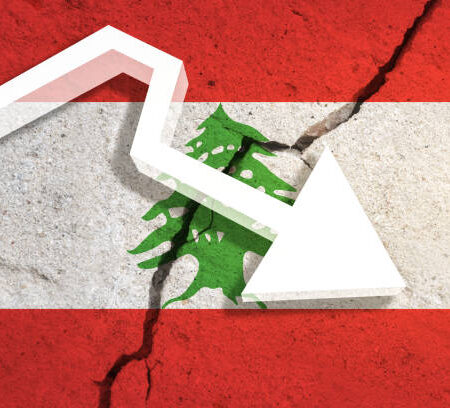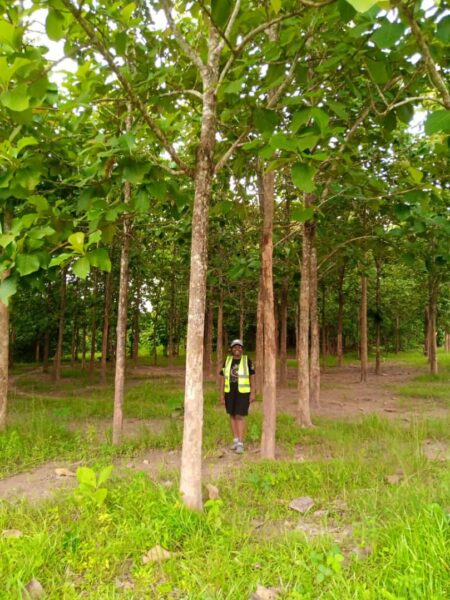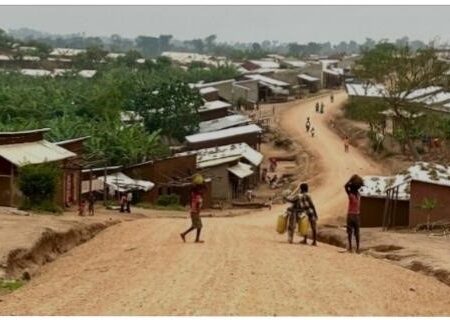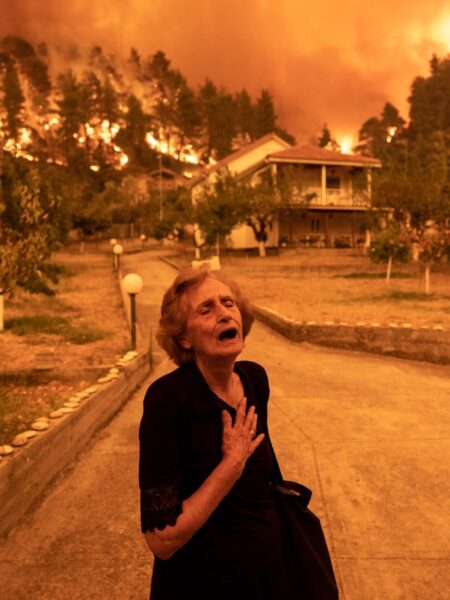This article explores the impact of Covid-19 on education sector in Somalia. The pandemic started in Wuhan in China in 2019. It affected social life and economic development of the world, especially in the developing countries, and killed many people across the five continents. The pandemic hit hardest the elderly population with health conditions, i.e. people living with high blood pressure and diabetes. Besides that, the disease affected movement of people, goods and services across the globe. The pandemic also had an influence on the education sector around the world, including the developing countries. Few African countries had a response plan, so the pandemic had a significant effect on schools in these countries. In this article, I will analyze the case of Somalia.
Sadik Abdi Farah, an education program manager from Mogadishu, says that the pandemic impacted teaching and learning in schools in several ways. Firstly, the pandemic affected learners’ performance. Schoolchildren and students all over the world have been impacted by the pandemic, and this been the case especially in countries like Somalia, where the educational infrastructure is underdeveloped. Sadik Abdi Farah believes that Somalia is the most vulnerable country experiencing the pandemic. The influence of the pandemic has been huge and had led to school closures. Some of the students were away from school for many months, which affected their learning.
Many learners come from poor families and cannot afford their daily sustenance. These students rely on school food programs, which means that children are given food during the school day. These programs have provided meals that fulfill recommendations set for nutritional values. When schools are closed, also the school food programs are discontinued. Hence some students may not be able to get food at home. As an immediate impact of school closure during the crisis, there has been a 30% reduction in the coverage of essential nutrition services (Borkowski et al. 2019, 12-14). In addition to food programs, the children have received health services, such as deworming programs, in schools.

The pandemic has affected the livelihoods of many families. Typical daily jobs include selling goods at the market to secure daily sustenance. With the pandemic, many of these income-generating activities have been prohibited with the closure of market places and other restrictions. Most children rely on their parents’ support and if the parents are not working, the situation impacts the children and the family at large. Child labor has increased when children are out of school, as many school children come from poor families and are forced to work to generate income for their families. Girls are especially vulnerable. When staying at home and doing housework, the girls’ rights are violated and they may experience sexual harassment or sexual abuse.
The pandemic has impacted learners with special needs even more than their peers. These children are very vulnerable, as they are at a higher risk of contracting the disease. Due to lack of mobility, these learners rely on school buses for transportation to and from learning centers. With the pandemic, the movement of the school buses has been restricted. These learners would require assistance with distance learning, as the schools are closed and interaction between learners and teachers is not possible.
Preventive measures were introduced in schools and learning centers. Teachers wear masks inside schools. Learners were encouraged to maintain preventive measures both in schools and outside school compounds. Schools paid special attention to handwashing, but inadequate resources, including soap and water, were a problem. Social and physical distancing was practiced in classrooms, where learning and teaching takes place. There were not enough classrooms in schools to maintain safe distances, but as a solution, the school administration decided to teach in shifts to make teaching and learning sessions safer. The school also mobilized students to share information about the preventive measures. Due to cultural barriers, the preventive measures were not practiced by the community, and thus student mobilization helped the communities to adopt these measures.
Abdiwali Osman Anjeh is a school headmaster. He says that there have been some cases of school dropouts. When the pandemic arrived in Somalia, schools were closed. The learners stayed at home for a long time and often moved to new locations with their families. Many schoolchildren came from poor families and could not afford to pay the school fees despite the fact that every child has right to education.

It has been impossible to cover the entire curriculum and syllabus of each subject, which means that the students have problems understanding the contents of textbooks and this might lead to failures in future examinations. The government of Somalia is suffering from a lack of resources to deliver educational services needed by the population.
Online teaching in Somalia is problematic, as the teachers are not used to working with IT and computers. When the pandemic hit the country, the government introduced online teaching methods. However, teachers were not able to deliver learning contents through smartphones and computers and students could not access the learning tools because they were not familiar with the new online method of learning and teaching. There is a need to train Somali teachers and students so that they are familiar with the technology. It is crucial that learning institutions organize user-friendly facilities that teachers and students can access easily.
In conclusion, the pandemic affected learning and teaching globally. The shock was especially great in the developing countries and Somalia is one of the countries where the pandemic caused wide-scale negative impact. It affected especially poor families that were not able to pay school fees and thus the number of school dropouts was increased in the country. The pandemic impacted learners with special needs globally because the special services they need were in many cases discontinued.
Bibliography:
Artur Borkowski, Javier Santiago Ortiz Correa, Donald A. P. Bundy, Carmen Burbano, Chika Hayashi, Edward Lloyd-Evans, Jutta Neitzel and Nicolas Reuge.(2019)Missing more than a classroom.page7-20
Herring, E. , Campbell, P., Elmi, M., Ismail, L., McNeill, S., Rubac, A., Ali, A., Saeed, A., & Shidane, M. (2020). COVID-19 Responses and Education in Somalia/Somaliland. Sociology Mind, 10(4), 200-221











